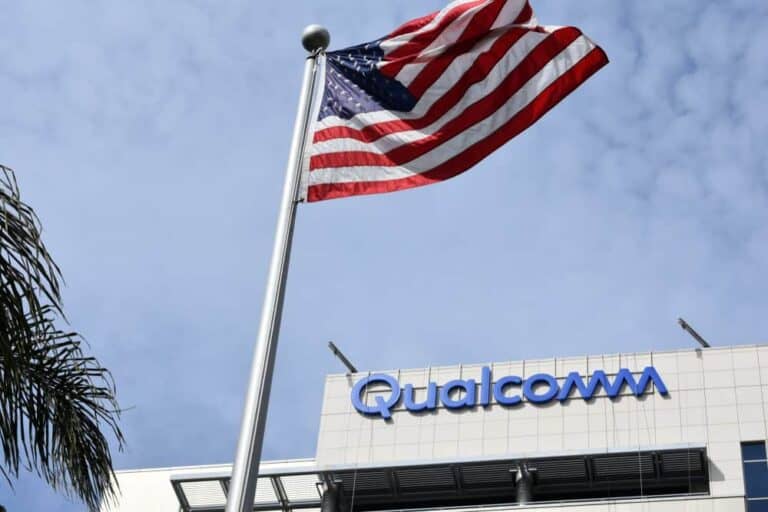Qualcomm avoids an antitrust fine of nearly €1 billion. The fine was recently cancelled, but the European Commission had the opportunity to appeal. It’s since become clear that the Commission will rest its case.
The European Commission charged Qualcomm in 2018. The chipmaker appealed and got acquitted in June 2022. The European Commission is technically capable of challenging the ruling, but according to a spokesperson, the regulator will rest its case.
“The Commission has carefully studied the judgment of the General Court in the Qualcomm (exclusivity payments) case and decided not to appeal to the Court of Justice”, the spokesperson shared in an email. The statement concludes a long-lasting conflict. Qualcomm won’t have to pay a penny. The organization goes scot-free.
Antitrust saga
The European Commission accused the chip manufacturer of a market violation in 2018. According to the prosecutors, Qualcomm bribed Apple to ensure that its chips were incorporated into iPhones and iPads between 2011 and 2015.
In doing so, other companies were denied space to compete, the regulator claimed. As a result, Qualcomm received a fine of nearly €1 billion euros. The chip manufacturer refused to pay and appealed instead.
The case was reviewed by the General Court, Europe’s second-highest court. The court waived the fine in June 2022. According to the judge, the European Commission made “a number of procedural” errors during the case.
Although everything indicated that Qualcomm would avoid the fine, the organization couldn’t celebrate just yet. The European Commission had the option to appeal. It’s only recently become clear that the regulator is burying the hatchet.
Blow to the Commission
The outcome is a blow to the European Commission. Suing a large organization like Qualcomm costs an enormous amount of time and money. The chip manufacturer could have been convicted, but the Commission fell short.
The regulator made several sloppy mistakes. In addition, the conclusions of the investigation into Qualcomm proved too weak for a conviction.
